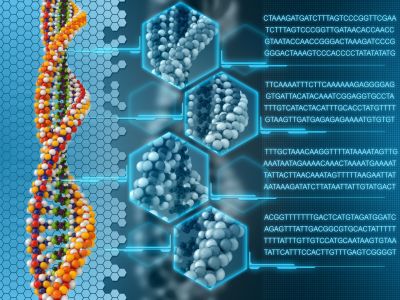
European researchers have uncovered the molecular details of one main mechanism that ensures perfect protein production in the cell.

EU-funded researchers have set out to substitute liquid and freeze-dried vaccines for new, solid state candidates. If successful, the research will enable the large scale production of new virosome-based vaccines with increased stability, longer shelf life and less invasive administration methods.
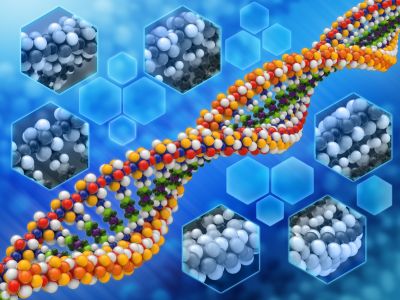
European researchers are studying epigenetic mutations to understand how gene expression is regulated in health and disease. Epigenetics influences which genes will be expressed by factors other than an individual's DNA sequence.
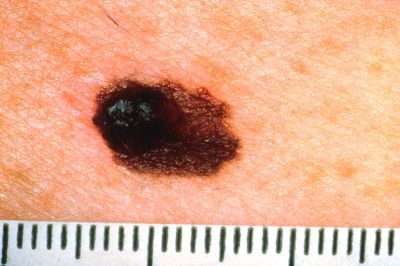
Melanoma is caused by mutations in the melanocytes of the skin. Development of a safe, efficacious melanoma vaccine that could also function in a preventative manner remains a significant challenge.

Understanding how different viruses mediate entry into a cell is central for designing antiviral strategies.
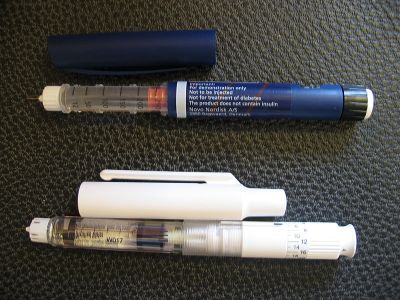
An EU study investigated diabetes self-management in adolescents using a remote e-health interface. The trial found high acceptance of the system among patients, highest among the youngest group, and no real difference between sexes.
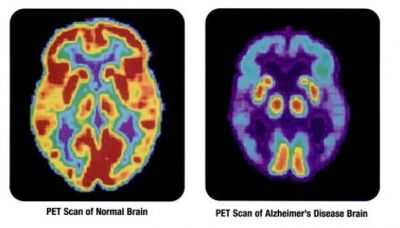
Alzheimer's disease (AD) is a neurodegenerative condition causing dementia and cognitive impairment. EU-funded researchers performed functional neuroimaging to study alterations in the brain's neuronal networks that correspond to memory impairment.

Understanding why and how people develop rheumatoid arthritis (RA) is central to the development of preventative strategies. Also, the identification of novel biomarkers should help predict disease onset.

Huntington's disease (HD) is a devastating progressive disorder. Delaying disease onset requires novel targeted interventions early on in life.

Prostate cancer is the second most common cancer in men. Realising high-throughput image analysis solutions for prostate cancer should improve the overall accuracy and speed of diagnosis.
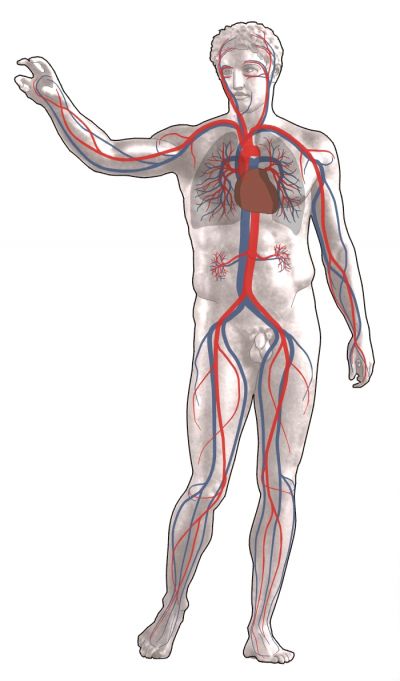
An EU-funded project expanded multidisciplinary networks of players working on research and developing technologies to understand and treat vascular diseases.
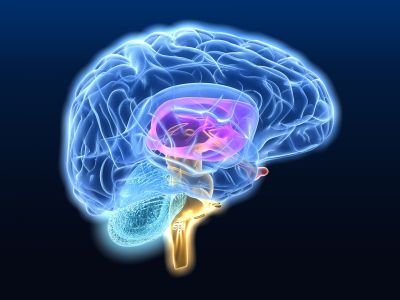
EU-funded scientists have developed a super-resolution optical microscope that produces high-quality images of cells deep within living tissues. This opens the door to the study subcellular brain changes in disease processes or learning.

Joint replacement procedures constitute a medical market calculated in billions per year, increasing with the ageing population. As joint replacements are prone to wear, leading to loss of implant function, it is important to extend their lifetime to avoid repeated surgeries.

Muscles have a unique resistance to cancer and metastasis. Is it possible to learn the resistance mechanism and use it for anticancer therapies?

EU scientists have taken steps towards the commercial cultivation of sea-buckthorn, a berry-producing plant with potential medicinal properties.

Positron emission tomography (PET) exploits metabolism of small amounts of a radioactive tracer molecule to evaluate disease or damage. Novel chemicals promise to expand the capabilities of PET from simple glucose to complex molecules like proteins.

Epilepsy, affecting millions of people globally, is a condition where spontaneous unpredictable seizures occur in the brain. This potentially dangerous condition occurs due to abnormal neuronal network communication in the brain.

Obesity is considered the epidemic of the 21st century. Understanding the aetiology and pathophysiology of obesity should facilitate its prevention, diagnosis and treatment.
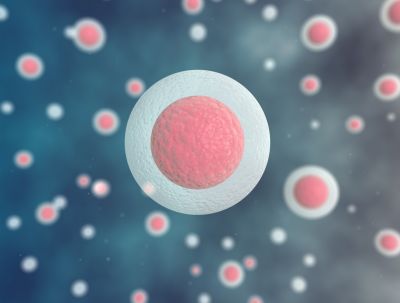
Improving the treatments available for diabetic patients and enhancing their health and quality of life represents a major challenge. A European study follows an innovative approach based on mesenchymal stem cells (MSCs) to repair the damage induced by high glucose levels.
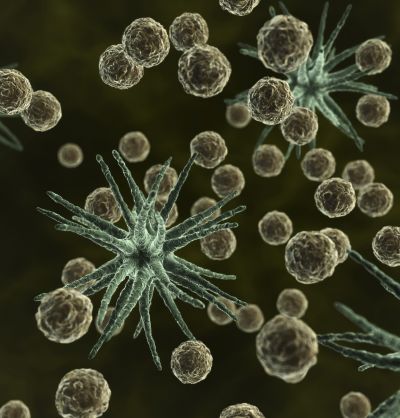
When cells grow old or receive stress signals, they undergo a process known as cellular senescence. Understanding the fate of these cells in an organism could help prevent cancer formation and ageing.

Blood insulin levels trigger storage or release of glucose, a simple sugar necessary for all cellular functions but that can cause great damage in excess. Enhanced glucose monitoring during insulin therapy will improve quality of life for diabetics.

RNA therapeutics is gaining ground in the treatment of many diseases. European researchers hope to show it could be a valid intervention for the treatment of Duchenne muscular dystrophy (DMD).
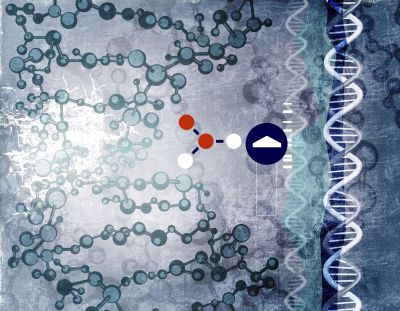
Many degenerative conditions are caused by the accumulation of insoluble amyloid protein aggregates. Finding ways to prevent or reverse this phenomenon is at the forefront of biomedical research and development.
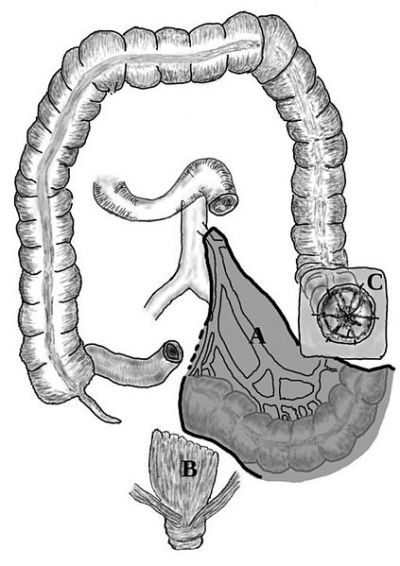
Inflammatory bowel disease (IBD) involves chronic inflammation of the entire digestive system. European researchers are working to discover biomarkers to improve disease prognosis and clinical management.
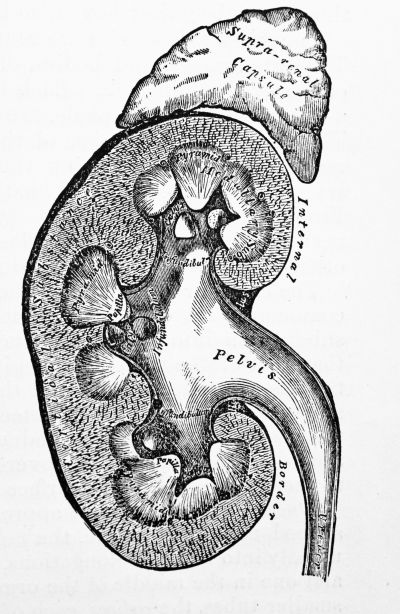
Chronic kidney disease (CKD) is a progressive loss in renal function over a period of months or years. The early detection of those at risk of developing CKD is necessary as the number of patients is increasing steadily worldwide.
























